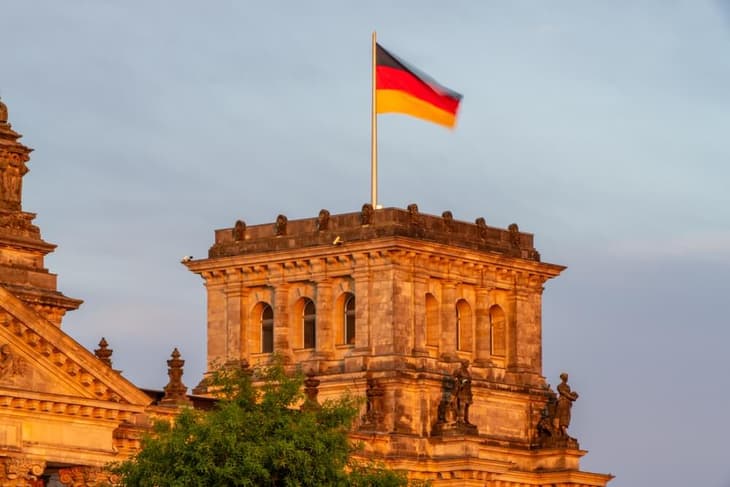The European Commission has approved the €350m ($379m) German scheme designed to support renewable hydrogen production.
Being implemented through the European Hydrogen Bank’s ‘Auctions-as-a-service’ (AaaS) tool, the approved scheme will ensure up to 90MW of electrolysis capacity and incentivise production of up to 75,000 tonnes of hydrogen.
Upon its approval, the Commission found the scheme is “necessary and appropriate to facilitate the production of renewable hydrogen and thus the decarbonisation of the industrial, transport and energy sectors.”
The Commission added that “the measure has an incentive effect, as the beneficiaries would not carry out the relevant investments without the public support.
... to continue reading you must be subscribed





